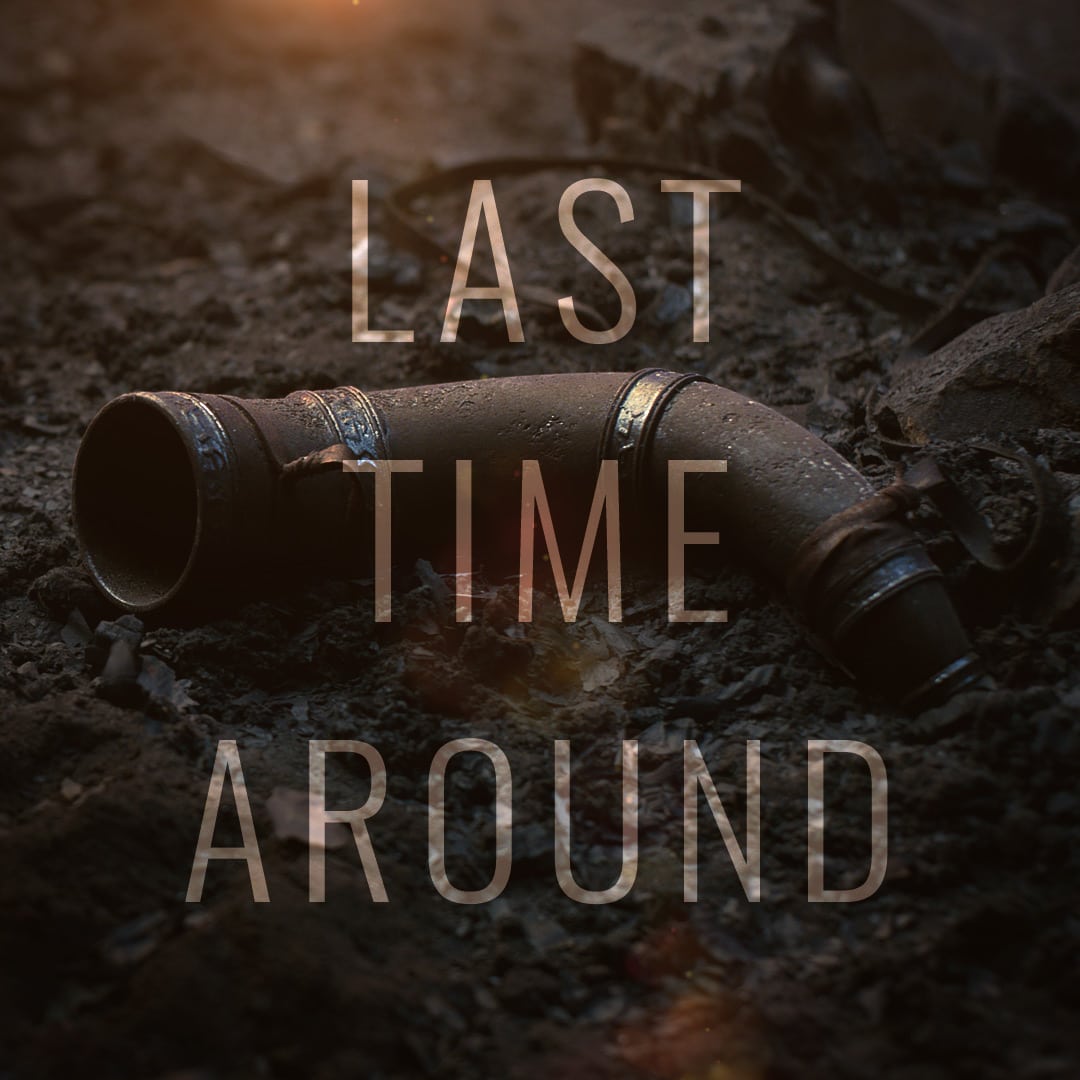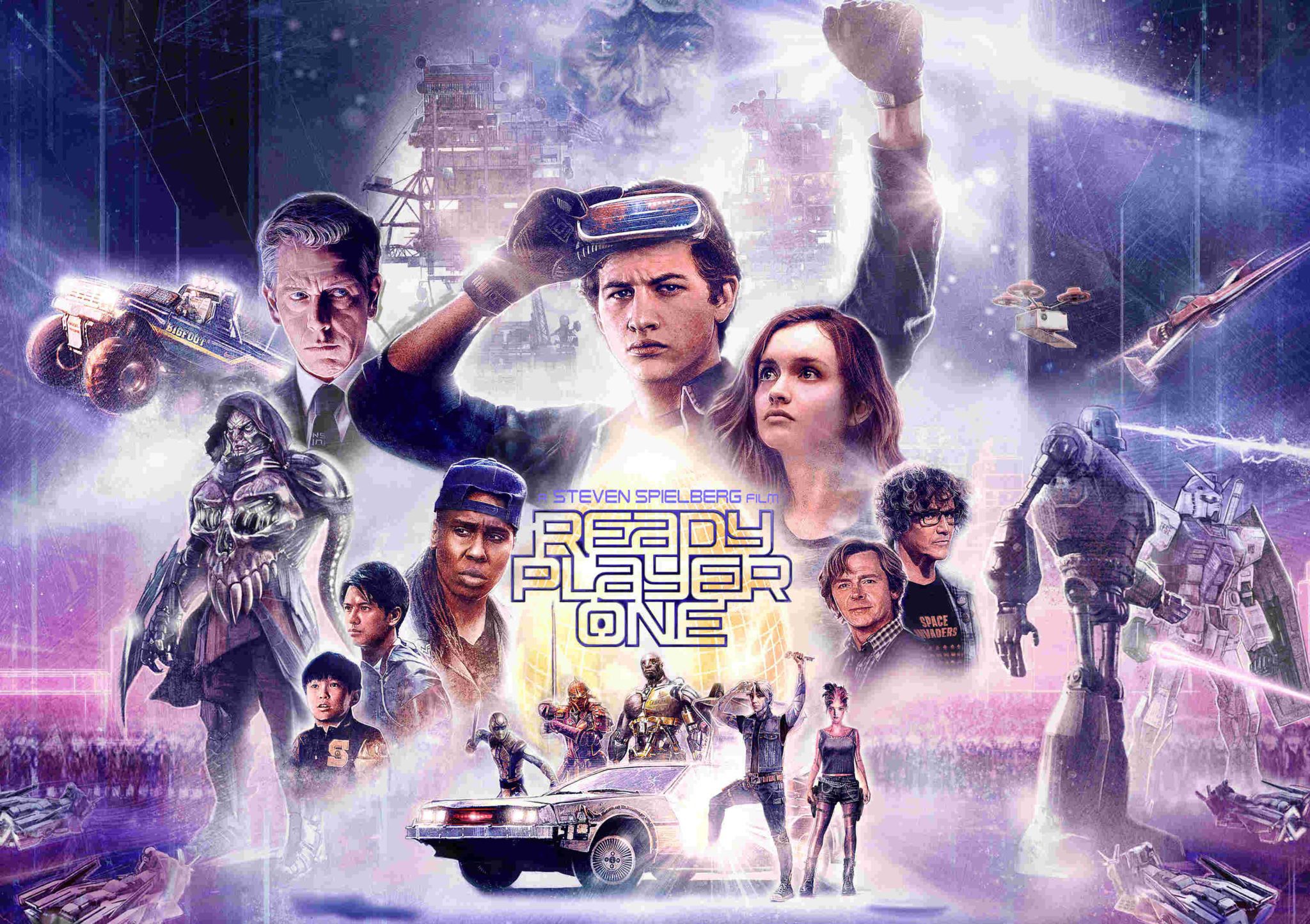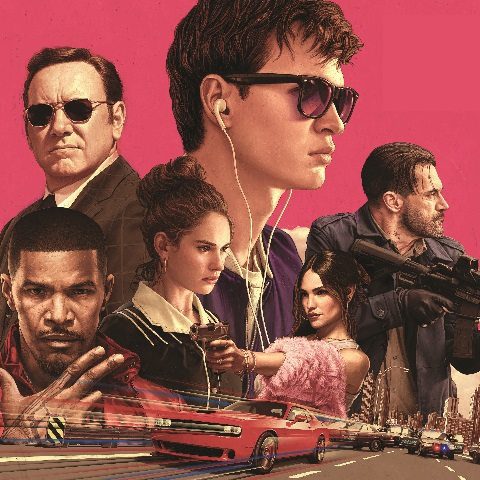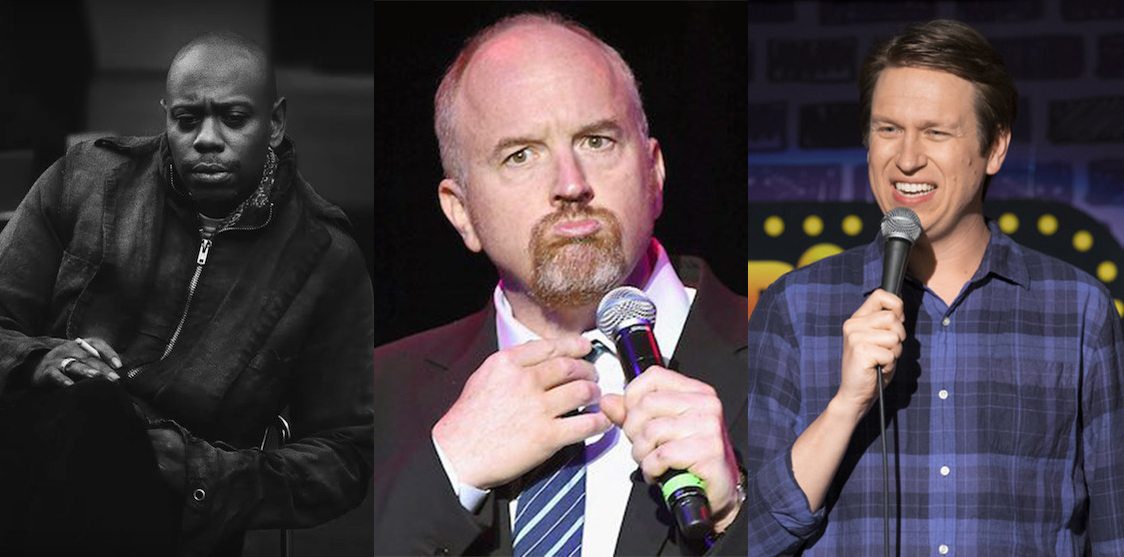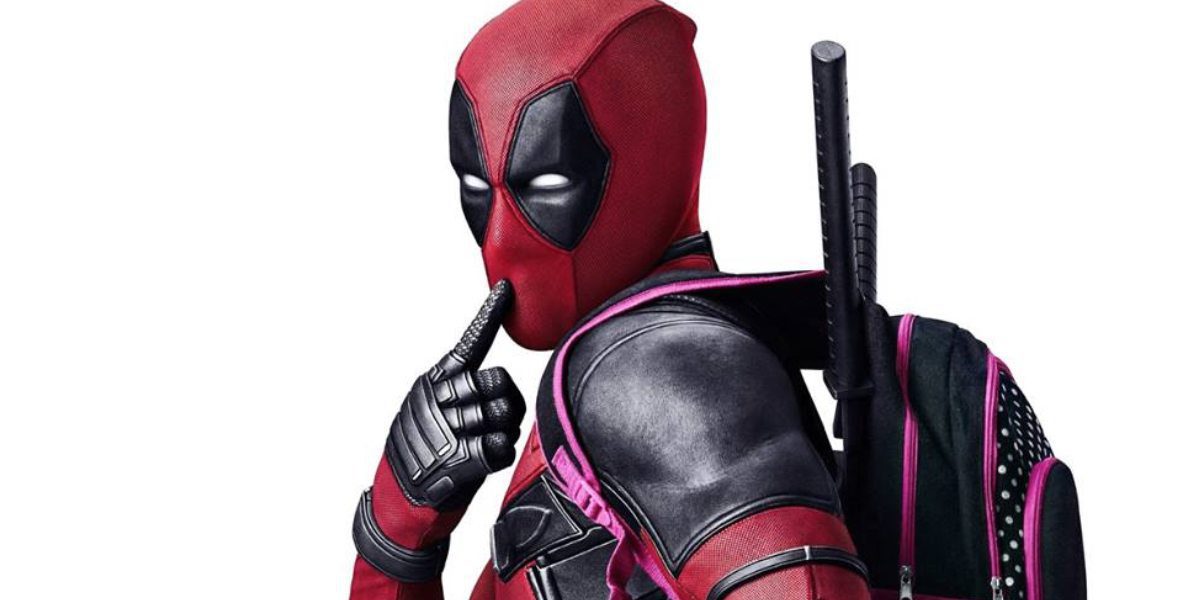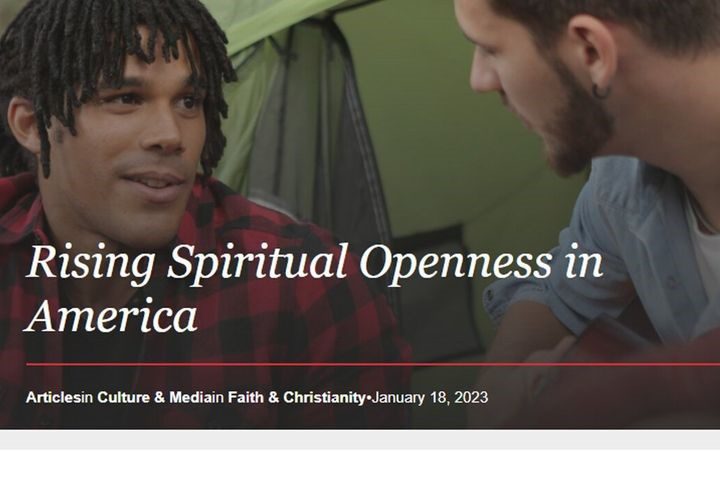
How Do We Do Evangelism?
In this episode of the Your Sunday Drive podcast, we team up with author, teacher and occasional preacher Kindra Silk Kreislers (kindrasilk.com) to discuss the data and dig deep into the vital question: Given this trend, how do we do evangelism?

